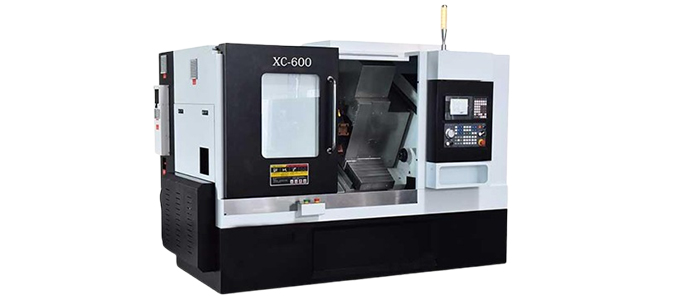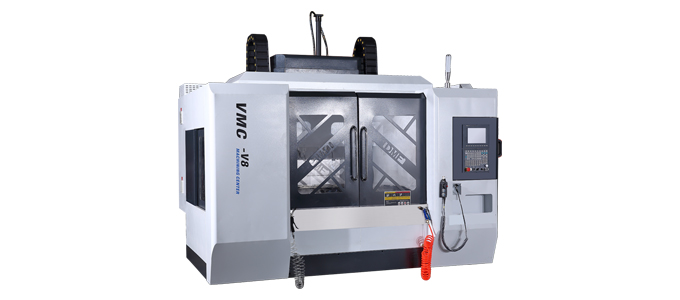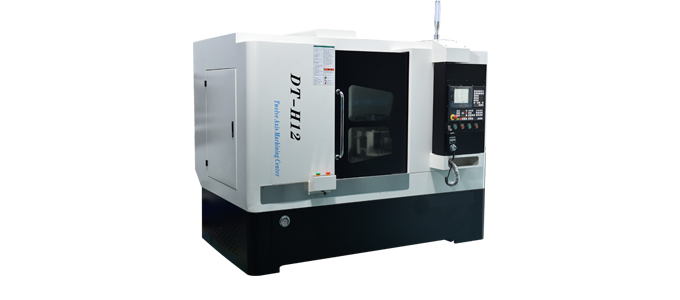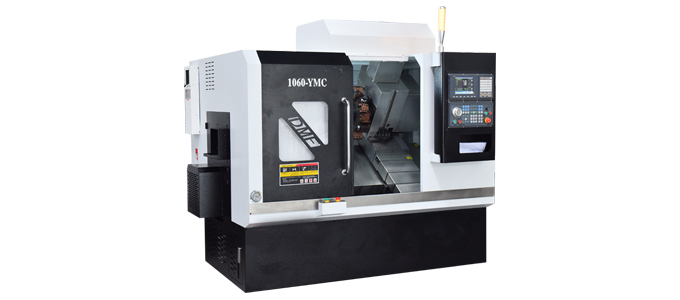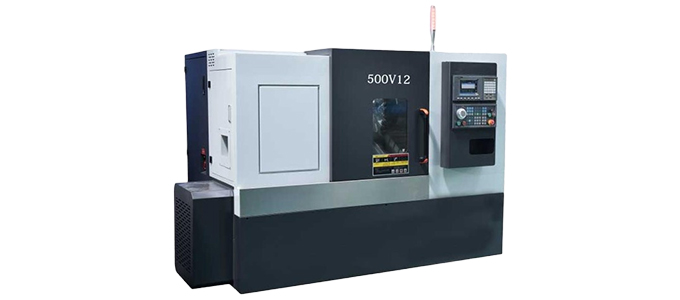The plumbing industry relies heavily on the precision and efficiency of CNC (Computer Numerical Control) machines. These machines have revolutionized the manufacturing process for a variety of plumbing fixtures, including faucets, shower heads, shower columns, toilet flush valves, and hardware angle valves. The ability to produce high-quality components with exact specifications has significantly improved the reliability and functionality of plumbing systems.
CNC machines are controlled by computer programs that dictate the movements of the cutting tools. This level of control allows manufacturers to produce complex shapes and intricate designs with incredible accuracy. For the plumbing industry, this means that components can be manufactured to meet stringent quality standards, ensuring they fit and function as intended.
One of the key advancements in CNC technology is the development of multi-axis machines. Traditional CNC machines typically operate on three axes (X, Y, and Z), but modern machines can operate on up to five or more axes. This capability allows for the creation of more complex geometries, which is particularly beneficial for manufacturing components like faucets and shower heads. These fixtures often require intricate designs that can be challenging to produce with traditional machining methods.
In addition to multi-axis machines, the integration of advanced control systems has further enhanced the capabilities of CNC machines. These systems allow for more precise control over the machining process, reducing the likelihood of errors and improving the overall quality of the finished product. For example, toilet flush valves and hardware angle valves must meet exact specifications to ensure they function correctly. Advanced control systems enable manufacturers to produce these components with the necessary precision, reducing the risk of leaks and other issues.
Another significant advancement in CNC technology is the use of automation. Automated CNC machines can operate continuously without the need for human intervention, increasing productivity and reducing labor costs. This is particularly advantageous for the plumbing industry, where large quantities of components are often required. Automated CNC machines can produce these components quickly and efficiently, ensuring a steady supply to meet demand.
CNC lathe machines are especially important in the plumbing industry. These machines are designed to rotate the workpiece while cutting tools shape it to the desired specifications. This process is ideal for creating cylindrical components like valves and fixtures. The precision of CNC lathes ensures that each part fits perfectly with others, which is essential for the proper functioning of plumbing systems.
CNC lathe manufacturers continuously innovate to improve the capabilities of their machines. They develop new features and technologies that enhance the performance and efficiency of CNC lathes. For example, some modern CNC lathes are equipped with live tooling, which allows for additional machining operations to be performed while the workpiece is still on the lathe. This capability reduces the need for additional machining steps, saving time and improving efficiency.
In conclusion, the advancements in CNC machines have had a significant impact on the plumbing industry. The precision and efficiency of CNC manufacturing have improved the quality and reliability of plumbing components, ensuring they meet the high standards required for modern plumbing systems. As CNC technology continues to evolve, it promises even greater capabilities, allowing manufacturers to produce even more complex and high-quality components for the plumbing industry.


